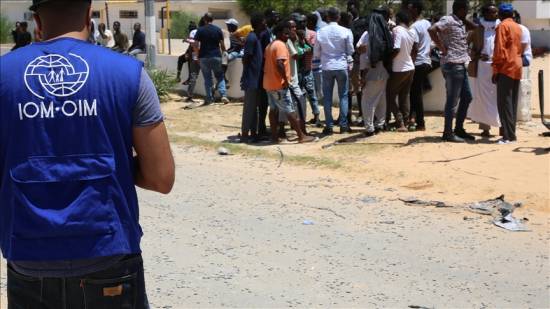The International Organization for Migration (IOM) on Monday appealed for €100 million (US$121.5 million) to continue providing “urgent protection and critical assistance” to vulnerable migrants in specific African regions as related funding under the EU Trust Fund (EUTF) comes to an end.
The funds are urgently needed for vulnerable migrants from West and Central Africa along the Central and Western Mediterranean routes, the IOM said.
“The imminent end of this life-saving programme and the funding shortfall raise deep concerns about the fates of tens of thousands of vulnerable men, women and children,” IOM Director General António Vitorino was quoted as saying in the appeal.
“Through the EU-IOM Joint Initiative, we have been able to assist over 100,000 migrants who might otherwise have been left in conditions of great peril; in detention centres, stranded and left for dead in deserts, or living in extremely difficult environments conducive to trafficking and smuggling, with no safe alternatives to better their lives and those of their families,” he added.
Vitorino also highlighted the IOM’s concerns that “the advances made in terms of regional and international cooperation on improved migration management would be jeopardized.”
“Current funding for these critical humanitarian interventions is coming to an end, and the IOM will have to start phasing out assistance to vulnerable migrants after December 2020 in West and Central Africa,” the IOM said.
The fund was launched in 2016 under the EU Emergency Trust Fund for Africa as a joint Initiative with the IOM for migrant protection as well as reintegration which targeted 26 African countries of the Sahel and Lake Chad region, the Horn of Africa and North Africa.
Through the fund, the EU-IOM joint initiative aimed at “ensuring that migration is safer, more informed and better governed for both migrants, their communities and host countries,” according to the IOM’s report./aa


